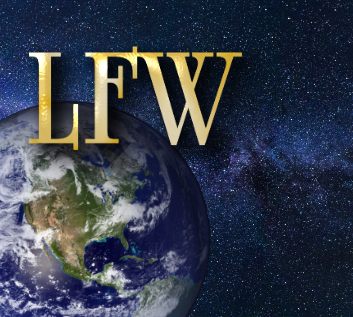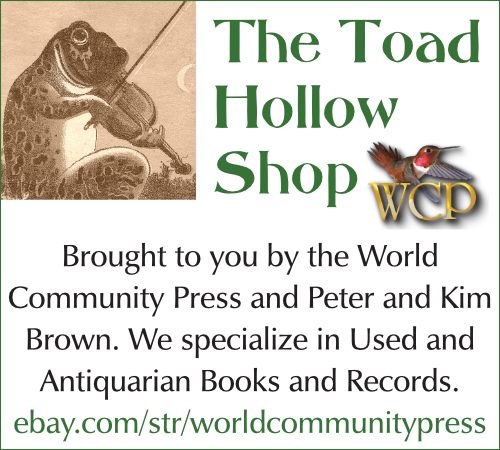Our National Purpose: America and the World of True PeaceInitially presented at the "Victory and Welcome Home Rally for the Troops" Sponsored by the Desert Storm Support Network Mar 23, 1991 Today, many nations are at peace because of the contribution of America and other nations that served the world. However, we have not had a perfect record. It is always safe to say that we could have helped a people or a nation more than we did. The vital question at this time is, "What can America continue to do to help build a world of true peace?" We in America are in a unique position. As we enter the 21st Century, it has never been more clear that the world is a finite residence where all peoples, regardless of race, color, or creed, share the same air, the same sunlight, and the same quest for peace and happiness. Hundreds of years ago it may have been possible for a people to state that the problems of another nation or continent were unimportant and irrelevant. Now, with technology making it possible to travel from one side of the globe to the other in less than a day, we are all faced with the realization that the suffering and needs of other peoples are literally at our front door. America is a diverse nation. The world is even more diverse. Is there anything we have in common? Is there any reason why we should pay attention to the needs of other peoples and nations? Perhaps the Founding Fathers said it best when they adopted these words in the Declaration of Independence: "We hold these truths to be self-evident, that all men are created equal, that they are endowed by their Creator with certain unalienable rights, that among these are life, liberty, and the pursuit of happiness." America has been united for over two hundred years because we believed in this common view of life. John Winthrop, one of the Pilgrim Fathers, spoke of this country as a "city upon a hill". We have been fueled by our ethical and moral belief that the best way of life is to serve others and help ensure that all people can attain life, liberty, and happiness. As we enter the 21st century, is it not appropriate that we re-affirm our purpose and commitment as a country? If we ask the citizens of other countries, both rich and poor, what they respect the most about America, they will often mention the founding principles of our country. It is clear that we have had a tremendous impact upon the nations of the world. We didn't influence world peace because we ourselves were particularly good. Rather, we influenced the world because we stood together for a common vision of humane peace. Our concept of virtue has led us forward to serve and sacrifice for people in need all over the world. Our common creed, as Americans, is that we find the suffering of others intolerable. When we are presented with a crisis in another land, we are often united together by our compassion for others. It is this unselfish spirit and commitment to purposes greater than our own needs that has kept us together as a country for two hundred years. Many believe that the material blessings that America has reaped is in part due to God's munificence toward us -- blessings that He gave to us expecting that we would share them with others. Whatever our belief in God, it is logical to assume that He would be moved by a people living for the sake of others. Can America continue to contribute to a world of true peace in the 21st century? If we, as a people, clarify and strengthen our national purpose, the world can be changed even more quickly. What is our national purpose? Should it not be to help other nations gain our own standards of peace and prosperity? To affect a real change around the world will take planning, long-range commitment, and a united heart to serve others. Let us begin a "National Conversation" about the purpose of America in the 21st century. Let us renew and refresh our enthusiastic spirit of freedom that has inspired the world for the last two centuries. Let us pray that God will bless the world. (Comments are moderated and must be approved.) “The Epiphany of Zebediah Clump”
Watch our first film right here. |









